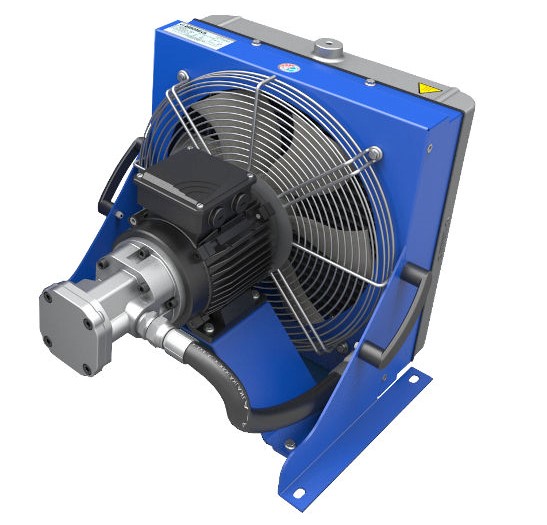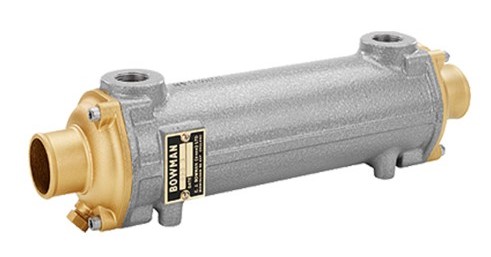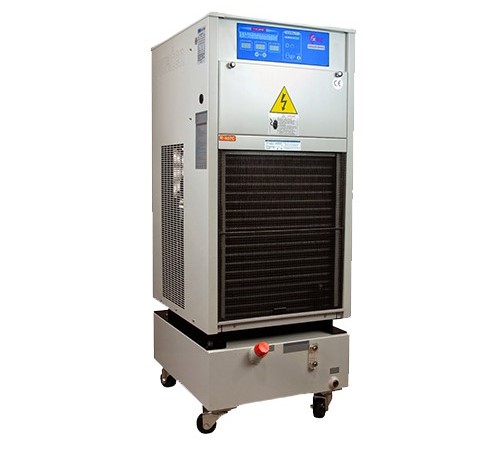
Maintaining oil temperature within your hydraulic system is critical for performance & longevity
Unlike leaks, which rank Number 1, the causes of overheating and its remedies are often not so well understood by maintenance personnel and can frequently be ignored.
It is important to understand that where there is pressure drop in your hydraulic system, there is heat being generated. This means that any component in the system that has abnormal, internal leakage will increase the heat load on the system and can cause the system to overheat. This could be anything from a cylinder that is leaking high-pressure fluid past its piston seal, to an incorrectly adjusted relief valve. Identify and change-out any heat-generating components.
Continuing to operate a hydraulic system when the fluid is over-temperature is like operating an internal combustion engine with high coolant temperature, damage is guaranteed. Therefore, whenever a hydraulic system starts to overheat, shut it down, identify the cause and fix it
A common cause of heat generation in closed centre circuits is the setting of relief valves below, or too close to, the pressure setting of the variable-displacement pump’s pressure compensator. This prevents system pressure from reaching the setting of the pressure compensator. Instead of pump displacement reducing to zero, the pump continues to produce flow, which passes over the relief valve, generating heat. To prevent this problem in closed centre circuits, the pressure setting of the relief valve(s) should be 250 PSI above the pressure setting of the pump’s pressure compensator.

Air-cooled systems dissipate heat with flowing air. This type of cooler operates by forcing cold air over hot fluid inside a heat exchanger’s coil or core. Low running cost and simple maintenance are attractive benefits of air-cooled systems. They also eliminate water-contamination problems and minimize corrosion. Additionally, heat generated from air-cooled systems can be used for other purposes.
On the downside, the upfront expense of an air-cooled system typically exceeds that of a water-cooled unit. Air-based versions are also larger and generate more noise, so they can degrade the work environment. What is more, these coolers require ventilation and clean air, and variations in ambient temperature can greatly affect cooling capacity — making steady-state operation more difficult to maintain.
To view our range of airblast coolers, please click here.

Water-cooled systems use cold water to remove heat, with hot and cold fluids separated by a barrier. Compared to air-cooled systems of equivalent capacity, water-cooled systems have lower up-front costs. They are also quiet, compact, and do not alter the surrounding ambient temperature. Variations in air temperature have little or no effect on cooling capacity, which allows for greater consistency. Meanwhile, the system’s heated water can be used for other on-site purposes.
Although water-cooled coolers cost less, they generally require clean water. Continuously running water can be expensive, leading to higher operating costs. Other concerns include risk of corrosion and erosion, and increased maintenance. Water-cooled units can also freeze in cold weather, letting water contaminate the oil.
To view our range of oil & water coolers, click here.

A hydraulic oil chiller/refrigeration system will maintain hydraulic fluid within a narrow temperature range regardless of the ambient temperature. A chiller uses a brazed-plate heat exchanger with hydraulic fluid on one side and refrigerant to flow on the other. The heat exchanger is designed to produce turbulent flow of the hydraulic fluid for maximum heat transfer to refrigerated plates. The refrigerant cools hydraulic oil rapidly and allows maintaining temperature to within ±0.5° F.
The oil chiller is the most accurate method of maintaining oil temperature however they do take up considerably more space and the capital investment is higher than either Air blast or water cooler systems.
To view our range of oil chiller units, click here.
Vat Reg Number: 846644204 Company Registration Number: 5230249
© Copyright 2025 Zeus Hydratech | All Rights Reserved